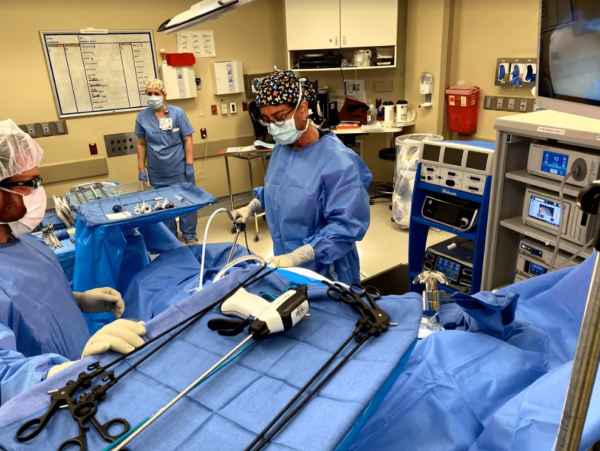Am I Ready for Bariatric Surgery?
If you decide it’s right for you, bariatric surgery can be one of the few truly life-changing moments in a person’s life. But not everyone that has weight loss surgery is successful, many faltering because they were unprepared. If you’re trying to determine if you are ready for bariatric surgery and the lifestyle changes that go with it, consider the following factors.
Diet and Exercise Aren’t Working: If continual attempts to change your diet and exercise routine haven’t resulted in long-term weight loss, bariatric surgery might be your best option. It’s important to remember, however, that bariatric surgery doesn’t provide a simple, quick fix to your weight loss issues. Lifestyle changes, including diet and exercise, must be incorporated to ensure the weight stays off.
High body mass index (BMI): Body mass index is simply a height-to-weight ratio, calculated by dividing body mass by the square of your body height. (Try our free BMI calculator here.) A BMI over 40 means you’re in the extreme obesity range, while individuals with a BMI between 35 and 40 are considered obese. A BMI of 35-40 doesn’t automatically merit bariatric surgery, but it might if you’re suffering from weight-related health issues, such as type 2 diabetes, severe sleep apnea or high blood pressure.
Age: Bariatric surgery requires general anesthesia, which means it’s performed when you’re entirely unconscious. There are risks associated with general anesthesia, and one of the best ways to avoid them is being open with your doctor about your lifestyle. Make sure you’re upfront about the use of medication, alcohol, tobacco or drugs.
Due to risks associated with general anesthesia, bariatric surgery isn’t recommended for individuals under 18 years of age. Patients over the age of 65 will need to be evaluated by their doctor to determine if their lifestyle or any health issues prevent them from being a good candidate.
Costs: Most insurance plans now cover bariatric surgery, but making sure you fully understand your coverage is important. Call your insurance provider to ensure the expense of bariatric surgery is included in your health plan. And check your deductibles so you are clear on your out-of-pocket costs even if bariatric surgery is an approved procedure.
Are You Emotionally Ready?
This might be the most important question to ask yourself if you’re considering bariatric surgery. While it might seem like bariatric surgery will be the answer to your weight-loss prayers, the level of success depends on the lifestyle changes you’re willing to make. Being unable to stick to lifestyle changes might signal that there are emotional issues that need to be addressed prior to surgery. Depression, anxiety or past traumatic events are some of the many reasons long-term weight loss success might have evaded you. Addressing these with a therapist might be an integral first step in reaching your weight loss goals.
If you’re trying to determine if you’re ready for bariatric surgery, contact a board-certified bariatric surgeon. She can help you decide if bariatric surgery is your best option for long-term weight loss success.







